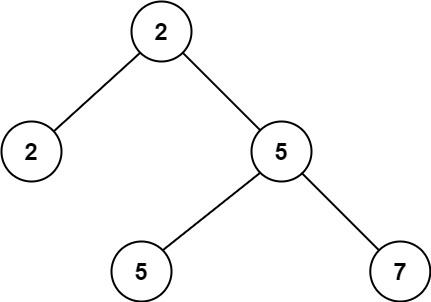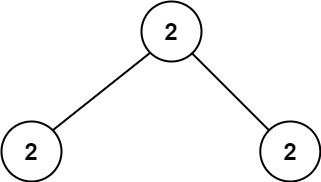Problem: Given a list of words and two words word1 and word2, return the shortest distance between these two words in the list.
Example:
Input: words = ["practice","makes","perfect","coding","makes"], word1 = "coding", word2 = "practice" Output: 3 Explanation: IndexOf("coding") - IndexOf("practice") = 3 - 0 = 3
Input: words = ["practice","makes","perfect","coding","makes"], word1 = "makes", word2 = "coding" Output: 1 Explanation: There are two places where "makes" is present in the array which is 1 and 4. The index of "coding" is 3 so the differences are 3 - 1 = 2 and 4 - 3 = 1. The minimum of theses distances (2, 1) is 1.
Constraints:
- word1 is not equal to word2
- word1 and word2 both are present in the given words array.
Approach: It's a straight forward problem to solve. You can look at the implementation to understand the approach.
Implementation in Java:
public int shortestDistance(String[] words, String word1, String word2)
{
int indexOfWord1 = -1;
int indexOfWord2 = -1;
int minDistance = Integer.MAX_VALUE;
for (int i = 0; i < words.length; ++i) {
if (words[i].equals(word1))
{
indexOfWord1 = i;
if (indexOfWord2 != -1) {
minDistance = Math.min(minDistance, Math.abs(indexOfWord2 - indexOfWord1));
}
}
if (words[i].equals(word2)) {
indexOfWord2 = i;
if (indexOfWord1 != -1) {
minDistance = Math.min(minDistance, Math.abs(indexOfWord2 - indexOfWord1));
}
}
}
return minDistance;
}
Complexity: O(n)

